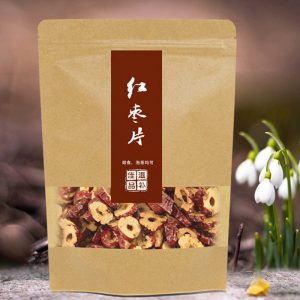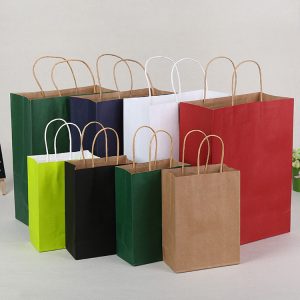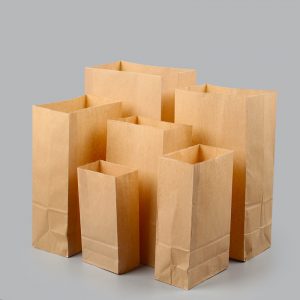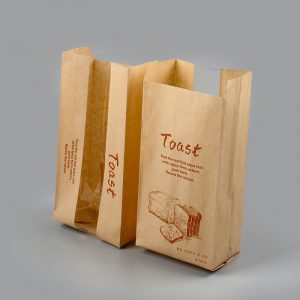Non woven Drawstring Shoe Bag:Say no to Plastics: Awareness Has Hit India’s Towns Too
“Plastic bags may disintegrate in 500 to 1,000 years, estimate scientists. Reason enough for us to open our eyes to the impact of plastic pollution on our land and water and curb its use,” announced members of Dhanbad Municipal Corporation, a populous Indian city in the state of Jharkhand on Sunday, June 18, 2017.
The civic body in association with Purana Bazar Chamber of Commerce and Bank More Chamber of Commerce organized an awareness campaign against use of polythene bags in an impressive way.
A team of over 100 people led by chief executive officer (CEO) of Dhanbad Municipal Corporation (DMC) Manoj Kumar asked people to save the environment by shunning plastic bags to carry vegetables and other items and use jute or cloth bags instead.
Kumar was accompanied by additional CEO of Dhanbad Municipal Corporation Pradip Kumar, president of Federation of Dhanbad Zila Chamber of Commerce Rajesh Kumar Gupta and Secretary Chetan Goenka, president of Bank More Chamber of Commerce Surendra Arora and Secretary Prabhat Surolia, president of Purana Bazar Chamber of Commerce Mohammed Sohrab and secretary Ajay Narayan Lall.
“The awareness drive was part of a DMC event to make the city plastic-free”, added CEO Manoj Kumar, while a prominent member of the awareness committee explained later about the benefits of using jute and cotton carry bags before the public, an excerpt of which is outlined below.
Benefits of Using Jute/Cotton Carry Bags
Providentially we have at last learned the evil effects of synthetic products in our lives and so have turned to natural or organic products that do not cause harm to the human body. That’s precisely why we now opt for organic food that’s free of synthetic fertilizers, hybrid or green vehicles that leaves minor carbon footprints on our lonely planet.
Same is the case with jute and cotton carry bags that are considered useful items in our daily life, yet are not harmful for our health. Nevertheless, we need handy carry bags to carry groceries and fancy hand bags for traveling and other sundry purposes. Only a short while ago, synthetic plastic bags made from petrochemical products such as Polyethylene and Polypropylene was extensively used for manufacturing of these bags. However, as these materials are not bio-degradable and in some cases are also prone to be carcinogenic in nature, manufacturing of plastic bags have been severely restricted all over the world.
Most Effective Alternative To Plastic
As a natural alternative to harmful plastic, Jute (Corchorus capsularis & Corchorus olitorius) is currently being used in a big way for manufacturing of these bags in India, out of which those made and marketed by Richie Bags are most preferred by people belonging to countries such as France, Germany, Spain, Italy, U.K. and the U.S.A. Apart from its other qualities described below, Jute is considered to be the best and cheapest natural fiber that has the requisite strength to withstand transportation hazard over longer hauls while the material carried in jute bags can ‘breathe’ and so does not deteriorate quickly.
Why Should We Use Jute Carry Bag
Bags made from jute are biodegradable, which means that when left unused for sometime, these will get destroyed on their own, leaving the world free of environmental pollution, as against plastic that remains intact for ages and so causes huge environmental hazard.
Jute is a natural vegetable fiber, second only to cotton and so can be sewn into any desirable shape and size.
Jute plants cleanse the air: studies reveal that 1 hectare of raw jute plants can take in up to 25 tons of CO2 while releasing 11 tons of Oxygen during jute cultivation season, lasting a little more than 3 months.
Possessed of high biological efficiency, jute can be harvested in course of less than 6 months, producing around 40 tons of plant stem per hectare.
Lesser environmental pollution as jute plants need very little fertilizer, herbicides/ pesticides to grow and produce raw jute.
Jute is known for its high tensile strength, low extensibility.
Jute fiber blends wonderfully with other types of fibers, both synthetic and natural, while accepting cellulosic dyes that include natural, basic, sulfur and pigment dyes, creating harmonious designs.











